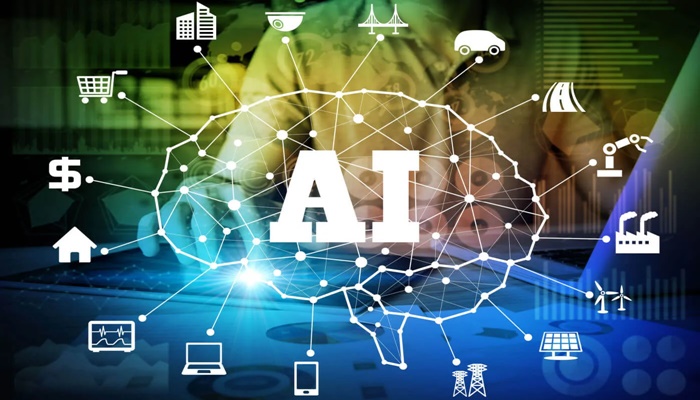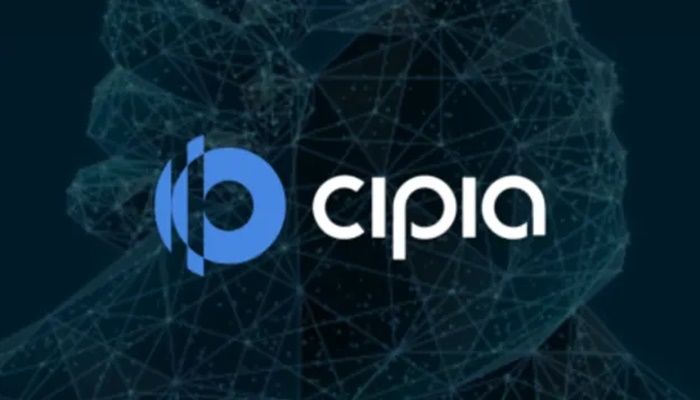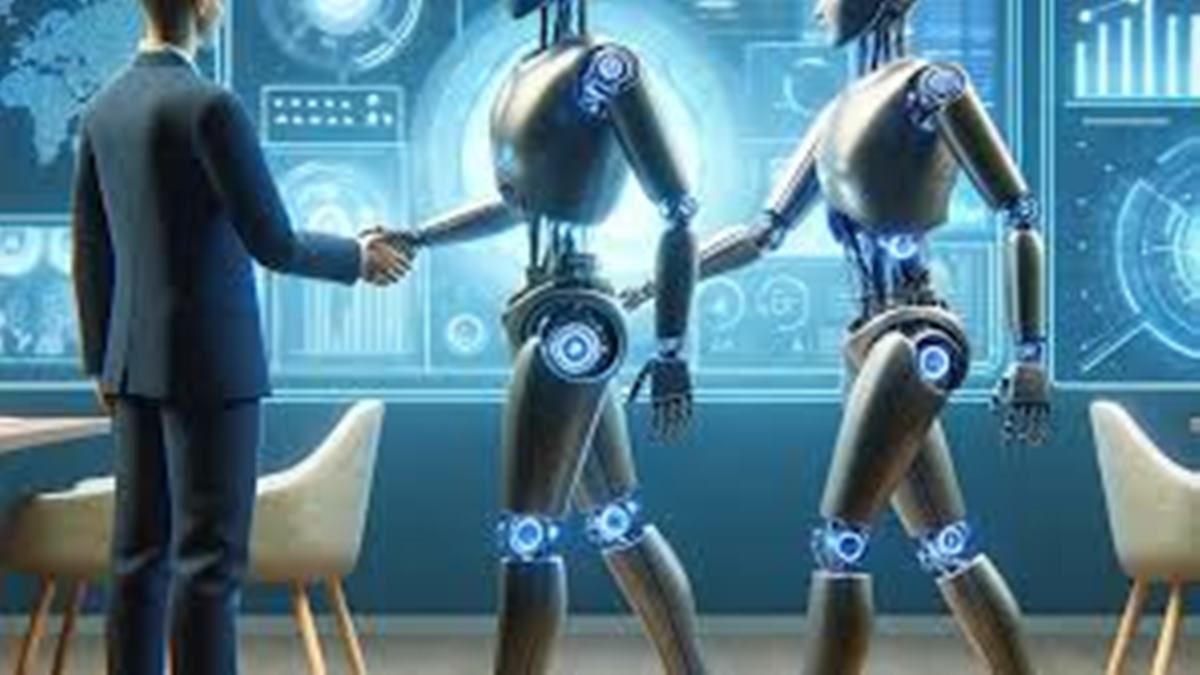Practically the minute ChatGPT came online, white-collar workers began to fret about bots taking their jobs. And now, the call may be coming from inside the house, as the tech industry appears to be nailing not only shopping lists and corny limericks but also software code, in many cases performing on par with human programmers.
Someone will still need to create and guide the AI that generates code, so it seems unlikely that the coding profession will go the way of telegraph operators, but the overall job market for software engineers has contracted from its highpoint in 2021 and 2022, when tech companies seemed to be throwing six-figure offers at anyone with typing skills.
It’ll take time to understand how much of the coder hiring recession is a result of AI compared to other factors, like higher interest rates forcing tech companies to tighten their belts and a general pullback from post-pandemic overhiring. But we do know the bots are already permeating coders’ nine-to-fives, and possibly even keeping some from getting their foot in the door.
Everybody’s doing it
AI coding assistants are becoming as much a part of a software engineer’s job as company-provided lunches and screen-induced eye strain. Three quarters of developers have used AI to code, and the vast majority of them said they use it regularly—while 17% rely on it “like at all times,” according to a recent Wired survey.
This week, Microsoft CEO Satya Nadella said that AI was generating as much as 30% of the company’s code, echoing other reports from within the FAANG gang:
- Alphabet has said that AI wrote over 30% of the code at the company. Last year, it introduced an internal coding assistant tool called Goose, which runs on its Gemini model.
- Meta’s AI might soon be making more AI: Mark Zuckerberg recently shared that the tech giant is developing AI that can write code for its Llama models. And he predicted that AI agents will match the abilities of a good mid-level software engineer sometime this year.
Evolution or extinction?
AI infusing software engineering workflows even faster than LSD microdosing did years ago has inspired widespread doomerism about the future of the coding career, but many developers say AI just makes them better at their jobs. They report that it gives them a productivity boost by taking on the more mindnumbing tasks that come with the job, like debugging or writing less-involved code. KPMG surveyed its developers and found that Microsoft’s coding-whiz AI agent, GitHub Copilot, saves them 4.5 hours a week on average.
And right now, it might not be ready to replace software engineers, even the ones who rely on it. Almost half of the developers surveyed by Stack Overflow said that AI was bad or really bad at handling complex tasks.
But that’s for now: ZDNet writer David Gewirtz tested Microsoft Copilot’s AI coding ability in April 2024 and then retested it a year later. He found that it went from “went from strikeouts to scoreboard shaker” in the tasks he had given it. And that means coders may have to evolve:
- Software professionals “should be terrified,” according to a Constellation Research technology strategist who told ZDNet that only “good ones will survive.”
- GitHub CEO Thomas Dohmke believes that AI will be able to write up to 90% of code created by corporate developers, who he thinks will one day function as “the conductor of an AI-empowered orchestra.”
Some companies have already said they’re changing hiring practices amid the shift to AI-powered coding. TD Bank told the Wall Street Journal that it’s looking for engineers who are capable of more abstract coding tasks and prompt engineering. Meanwhile, Salesforce took the more radical step of freezing hiring for software engineers this year, claiming AI has boosted company productivity by 30%.
Bad break for beginners
AI agents handling the simpler parts of software engineering might be taking the biggest toll on the folks whose bread and butter is writing Computer Science 101 code: junior engineers. Entry-level roles now make up ~20% of all open software positions, compared to ~30% in 2023, according to CompTIA.
Meanwhile, seasoned coders worry that AI may be impacting how much newbies learn when they do secure a role toiling next to Ping-Pong tables and beer on tap:
- Accounts from industry insiders suggest that the junior engineers who are employed are addicted to querying chatbots for coding help, instead of spending painstaking hours reading responses from human pros on coding forums like Stack Overflow.
- Experienced coders criticize their junior peers’ reliance on AI, lamenting that using AI-generated code deprives young engineers of the ability to firmly grasp the ins and outs of the trade.
Not everyone needs to fear the bots: Experienced software engineers told Business Insider they’re not worried about AI automating their jobs since engineers’ work requires creativity, and the ability to deeply understand code makes one an in-demand computer whisperer. Many of them are optimistic that AI will remove mundane tasks from their work lives, leaving more time for the stuff that truly makes their keyboard-striking fingers tingle.
Source – https://www.morningbrew.com/stories/2025/05/02/how-ai-is-already-shaking-up-the-job-market




















